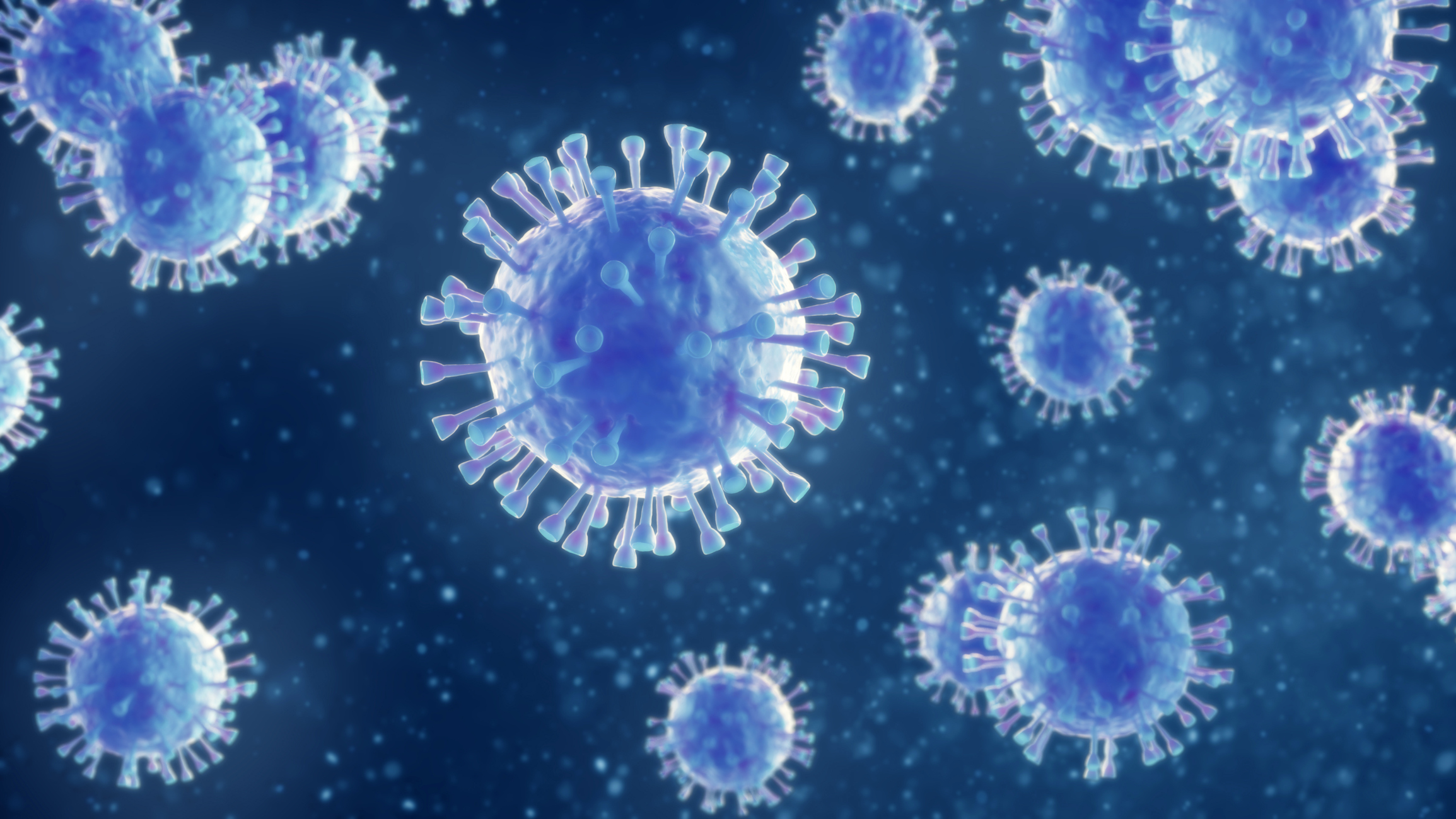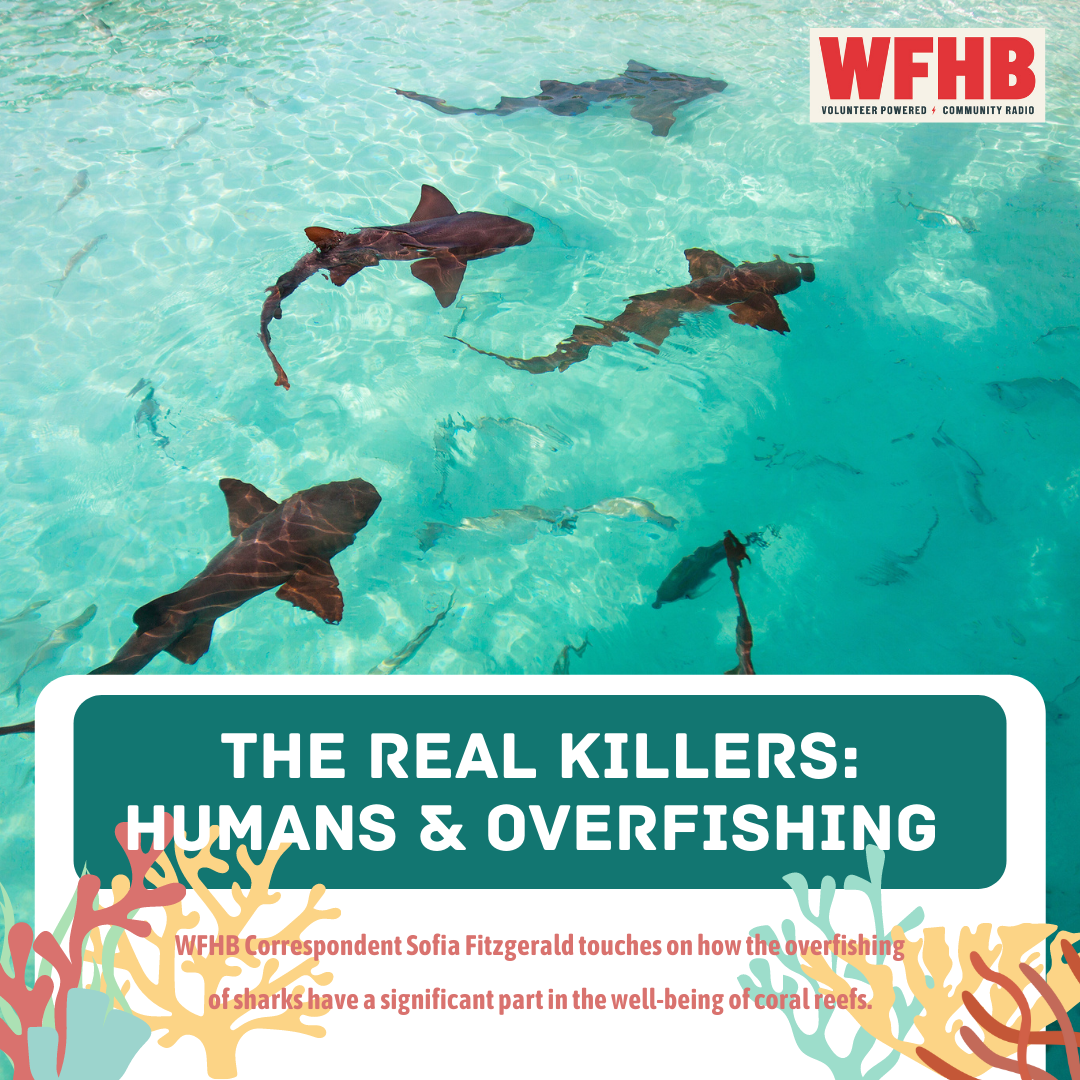Podcast: Play in new window | Download (Duration: 30:30 — 42.0MB)
Subscribe: RSS
This is the WFHB Local News for Tuesday, February 22nd, 2022.
Later in the program, WFHB Correspondent Kayan Tara speaks to family members of Malik Ali Malik – a man who died in a car chase with the Monroe County Sheriff’s Office one year ago. More in today’s feature report.
Also coming up in the next half hour, WFHB Environmental Affairs Correspondent Sofia Fitzgerald discusses the impact sharks have on coral reefs. But first, your local headlines:
Covid-19 Press Conference

On February 10th at the Covid-19 Press Conference Health Director Penny Caudill shared that Monroe County is still in the red advisory category, but says that the rate of community spread is expected to steadily decline.
IU Health President Brian Shockney shared that although the number of hospital patients has been declining, patients are staying longer due to their symptoms.
Shockney said that the hospital is hoping to have room in the near future to continue surgeries that had to be postponed due to the high numbers of Covid-19 patients.
Indiana University Chief Health Officer, Aaron Carroll said that cases on the IU Bloomington campus are declining with a positivity rate in the single digits. He shared that there is only one student in the personal isolation unit.
Carroll also shared that IU is offering students twenty dollars in Crimson Cash to incentivize students to get their booster shot.
The next Covid-19 Press Conference will be held on February 25th.
Utilities Service Board

At the Utilities Service Board meeting on February 14th the board heard from Director of Bloomington Utilities Vic Kelson about a memorandum of understanding between the Lake Monroe Water Fund and the City of Bloomington Utilities. Kelson said the M-O-U is for Bloomington’s financial contribution to watershed projects.
IU Vice Provost of Communications Kirk White asked about who administers the Lake Monroe Water Fund. Kelson replied saying that the board is composed of many different stakeholders.
The board approved the request unanimously.
The board also approved a M-O-U between Bloomington Utilities and the Parks and Recreation Department to finalize each other’s roles at the Miller Showers Park. The next board meeting will be held on February 28th.
The Real Killers: Humans and Overfishing

The overfishing of sharks can cause a trophic cascade that impacts the health of our coral reefs causing them to bleach and further damages our aquatic ecosystems.
Sharks are a flagship species. When they are killed or fished, it causes an imbalance in the marine food web. Less high-level predators, like sharks, cause an increase in mid-level predators, like snappers. These mid-level predators then over-hunt herbivores like parrotfish. These herbivores eat algae – so a decrease in the fish population would thus cause an increase in aquatic algal blooms, which significantly affect coral health. The parrotfish are pertinent to coral health because they eat the algae that would otherwise overwhelm young corals on reefs that are recovering from natural disturbances. This algae then overwhelms the coral reefs, furthering coral bleaching and causing a crisis of aquatic health.
Ph.D. recipient Jonathan Ruppert spoke with his alma mater the University of Toronto News Department on this issue, where he explains the relationship coral reefs have with sharks, “The reefs provided us with a unique opportunity to isolate the impact of overfishing of sharks on reef resilience and assess that impact in the broader context of climate change pressures threatening coral reefs…. Individual reef sharks are closely attached to certain coral reefs. This means that even relatively small marine-protected areas could be effective in protecting the top-level predators and allowing coral reefs to more fully recover from coral bleaching or large cyclones which are increasing in frequency due to the warming of the oceans as a result of climate change.”
As well as Ruppert, Nicole Couto is also researching for her Ph.D. distinction at Rutgers University and explains why the relationship between coral reefs and sharks is essential to the aquatic ecosystem. Because of extensive overfishing, unprotected reefs tend to have fewer species at the first and second tiers of the food chain. It’s conceivable that this loss of apex predators could have triggered a trophic cascade, but it’s too late to tell, as it would have happened decades ago. Sharks are crucial to coral reefs and vice versa; therefore, one can only exist if the other is healthy. Reefs supply sharks with prey, nursery habitat, shelter from predators, and even fish to help eliminate parasites from their skin. Sharks provide critical functions for the reef, including cycling nutrients between it and the open ocean, removing invasive species, and removing disease-carrying weakfish (Couto).
Sharks have often been misunderstood creatures like any other predator in an aquatic ecosystem. Fortunately, many nations have turned to a policy tool known as Marine Protected Areas (MPA) to help reduce the overharvesting of sharks; however, not all MPAs are successful. Sometimes nations just use the name of an MPA without taking any initiatives to make that area a safe environment for sharks.
Conservation scientist Beth Pike, manager of the Atlas of Marine Protection, says “MPAs that are strategically placed, well-resourced and highly protected from human impact can help protect areas of biodiversity and habitat critical to buffering our oceans from the effects of global climate change.”
We can only hope that in the future, more nations will develop efforts towards MPAs and protect our oceans from any further damage caused by humans.
Feature Report:

WFHB Correspondent Kayan Tara speaks to family members of Malik Ali Malik – a man who died in a car chase with the Monroe County Sheriff’s Office one year ago.
We turn to Tara for her story, “A Car Chase Leaves Him Dead – A Year Later, The Family is Still Haunted by Unanswered Questions.”
Credits:
You’ve been listening to the WFHB Local News,
Today’s headlines were written by Sofia Fitzgerald and Noelle Herhusky-Schneider, in partnership with Cats – Community Access Television Services.
Our feature was produced by Kayan Tara.
Our theme music is provided by Mark Bingham and the Social Climbers.
Engineer and Executive producer is Kade Young.
 WFHB Bloomington Community Radio
WFHB Bloomington Community Radio


